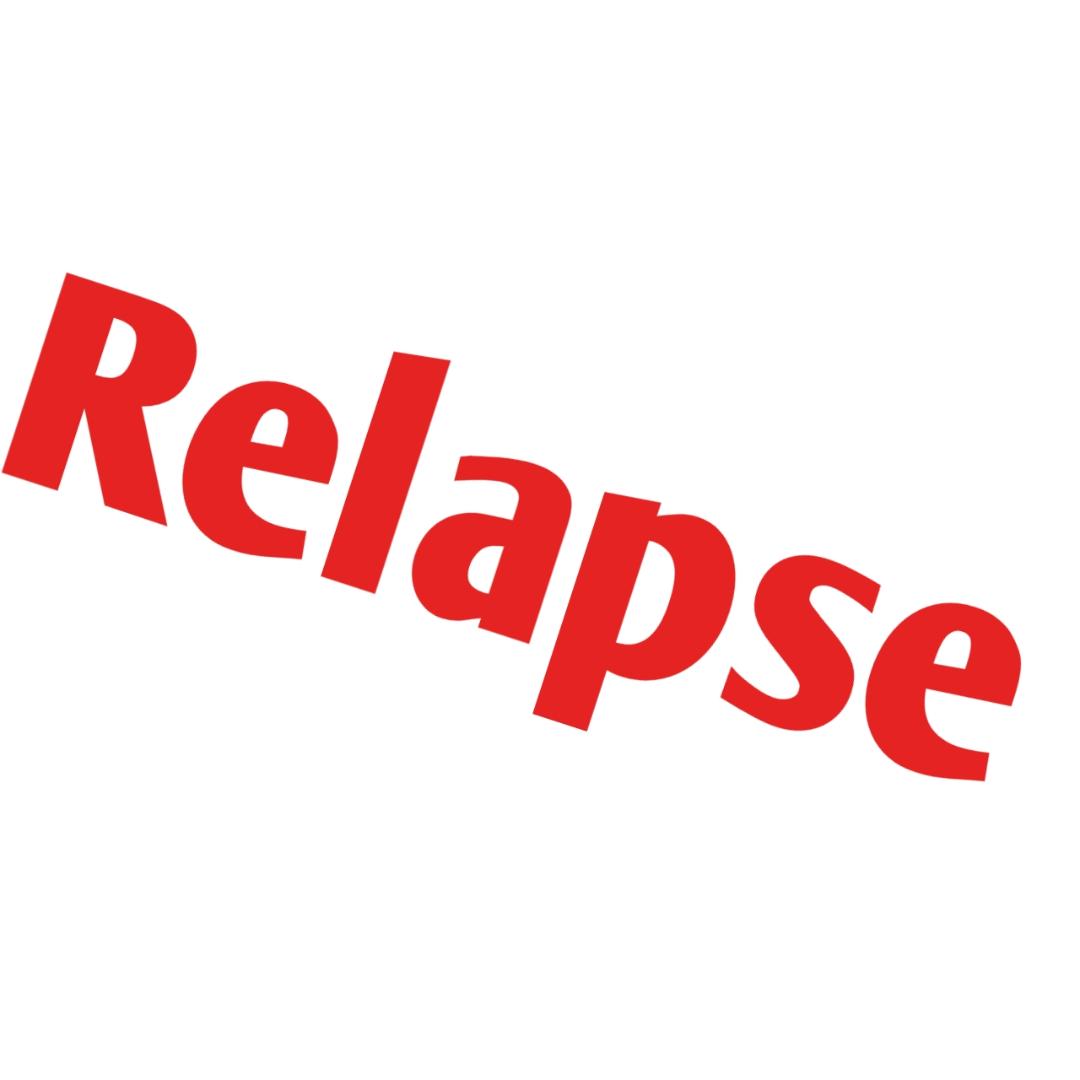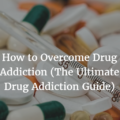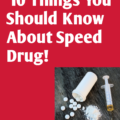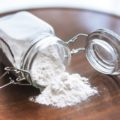What is a relapse?
Relapse’ is a word that is used in many different ways in a variety of contexts. It is defined in the Macquarie Dictionary as “to fall or slip back into a former state, practice, etc”. It could also be defined as “deterioration in a patient’s condition after a partial recovery”.
It is used most commonly within a medical context, where it is a word that is clearly understood by health practitioners to mean returning to a diagnosable state of mental illness: a mental state that has previously been diagnosed and the symptoms of which have returned to the point where the threshold has again been reached for diagnosis.
Relapse is a term that is less well accepted and less clearly applied within the more personal context of the experience of people with mental illness. It is seen as a “clinical term”, “not the usual language” and “not used in everyday language”. In general, most people who have experienced mental illness do not use the term relapse at all and are more likely to talk in terms of being “well” or “unwell”. For many people who have experienced mental illness, relapse has an underlying negative sentiment; it implies “going backwards”, “failing” and “back to square one”. Drug relapse statistics reveal the reality of addiction recovery.
A person who’s trying to stop using drugs can make mistakes, feel bad, and start using again. This return to drug use is called a relapse. Relapse is common and normal and happens to a lot of people recovering from drug addictions. People will often have one or more relapses along the way. It takes practice to learn how to live without drugs.
Stopping drug use is like trying to diet and lose weight. It’s hard to learn to do things differently, like eat less, exercise more, and avoid some favorite foods. It’s easy to slip up, eat too much, and gain back the weight. But then you have to try again. It’s the same with quitting drugs. People with drug addictions might get treatment, slip up, and then go back to treatment many times before it works. If that happens, the person should get back into treatment as quickly as possible.
Types of relapses in addiction
- The Avoidance Relapse
The first of the types of relapses in addiction we will discuss is one that is caused by distraction and avoidance. The recovering person in this scenario uses everything else to distract themselves from some of the tasks that they find difficult in recovery, such as going to regular meetings and stress reduction techniques. By avoiding elements of their addiction management plan, they open the door for relapse. This type of relapse can also occur through overconfidence where the person feels that they don’t need to follow their relapse prevention plan because they’ve beaten addiction.
- The Perfectionist Relapse
The types of relapses in addiction include the perfectionist relapse. In this case, a recovering individual will set unrealistic goals for themselves, not leaving any room the natural course of recovery which includes bad days. This creates feelings of inadequacy and can set a person on a relapse course.
- The Overwhelmed Relapse
Addictions can last for years. When the person finally gains control over their addictive behaviors, the life they return to can be foreign to them. Dealing with work responsibilities, taking care of yourself and others, and all of the responsibilities that addiction management has can quickly become overwhelming. When a person is overwhelmed in such a way, it can mean that their drug avoidance plan is inadequate and can eventually lead to a relapse as the person runs out of ways to deal with their emotions.
- The Social and Peer Pressure Relapse
One of the things that a person must do to avoid relapse, especially early in recovery, is to avoid the places, things and people that are associated with substance abuse. This can mean avoiding friends that abuse alcohol and drugs, finding a different way to drive home that doesn’t go past a bottle store that you frequented, and anything in your life that can trigger cravings. However, when these things reenter into your life, it can put the type of pressure on you that can cause your prevention plan to fail.
- The Emotional Stage of Relapse
Relapse doesn’t usually happen all at once, but rather as a process. The first of the stages of relapse is the emotional stage. In this stage, the addict will start to become overwhelmed by their emotions. While the person isn’t thinking of drug abuse yet, they are paving the road to it through the emotional imbalance and unmanaged stress levels.
- The Mental Stage of Relapse
Another of the types of relapses in addiction is the mental stage. During this period, an addict who has not dealt with their overwhelming emotions will start to consider using drugs and alcohol again. The person will often romanticize their past use.
- The Physical Stage of Relapse
This is the last stage where something can be done to stop a relapse. In this stage, the person will be on their way to their dealer, a drug-abusing friend’s house or the bottle store. It is still possible, however unlikely, to stop a relapse at this stage by reaching out to someone.
Does relapse to drug use mean treatment has failed?
No. The chronic nature of addiction means that for some people relapse, or a return to drug use after an attempt to stop, can be part of the process, but newer treatments are designed to help with relapse prevention. Relapse rates for drug use are similar to rates for other chronic medical illnesses. If people stop following their medical treatment plan, they are likely to relapse. Treatment of chronic diseases involves changing deeply rooted behaviors, and relapse doesn’t mean treatment has failed. When a person recovering from an addiction relapses, it indicates that the person needs to speak with their doctor to resume treatment, modify it, or try another treatment.
Close to half of people who experience drug or alcohol addiction also experience relapses in recovery. According to the National Institute on Drug Abuse’s “Principles of Drug Addiction Treatment: A Research-Based Guide,” between 40 and 60 percent of people who struggle with drug addiction experience setbacks. Although addiction relapse statistics may seem grim, not everyone who experiences addiction struggles with relapses, and many people progress in recovery despite setbacks.
Preventing a Drug Relapse
The first six months of recovery is the period when a relapse is most likely to occur. However, forming an alcohol relapse plan or a drug relapse prevention plan can be beneficial for people in recovery.
- Following an aftercare treatment plan
- Participating in a 12-step program
- Identifying and avoiding triggers
- Building a strong support system
- Forming new coping mechanisms to deal with stress and difficult emotions
- Making lifestyle changes that are conducive to recovery
- Changing your social network to avoid being around people who aren’t in recovery
- Avoiding specific settings such as bars or nightclubs
- Consistently attending outpatient programs
- Attending sober social activities to prevent boredom
- Attending individual therapy sessions
However, despite knowing how to prevent drug addiction relapses, setbacks can still occur. In the event of a relapse, you shouldn’t panic or assume you’ve failed at recovery. Instead, you can:
- Examine what led to the relapse: Learning from a relapse can help prevent future setbacks.
- Decide that the relapse was an isolated situation: In this case, you can recommit to recovery and move past a relapse by seeking support in a 12-step program and from peers in recovery.
- Consider re-enrolling in treatment: If the relapse lasted for a significant amount of time, or if you feel that you cannot continue to maintain sobriety without help, going back into a treatment program can be beneficial.
- Invest in professional mental health counseling: Cognitive behavioral therapy can be especially useful after a relapse. This therapy may be used in conjunction with substance abuse counseling to help change your thinking and behavior patterns to recommit to sobriety.
Helping a Loved One Avoid Relapse
Friends and family members of someone in recovery can form an invaluable support network. If you have a friend or family member in recovery, you should be aware of the potential for setbacks and the many ways in which they can occur. This knowledge can help you identify when someone has resumed drug or alcohol use and how to get proper medical help.
For people who want to know how to help someone avoid relapse, a good plan of action includes:
- Showing love, support and understanding rather than expressing disappointment and anger
- Avoiding being accusatory about someone’s relapse
- Avoid labeling the person as flawed or at fault for their relapse
- Staying hopeful and optimistic
In the case that someone experiences a relapse, their friends and family can:
- Reassure them that they are not a failure
- Remind them that setbacks are common and recovery is an ongoing process
- Help them seek treatment again, if necessary
The possibility for relapse is a reality of recovery. However, relapses are opportunities to create a stronger foundation for the future.





